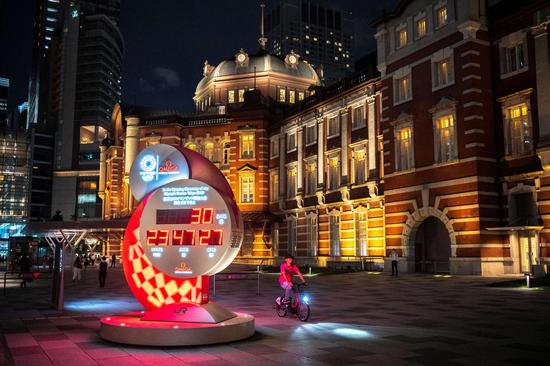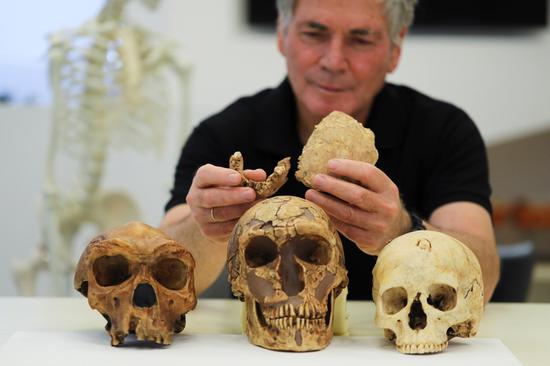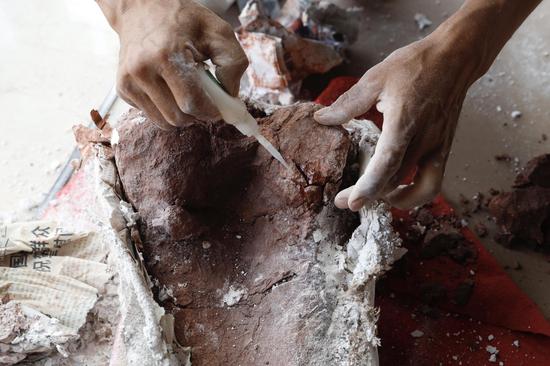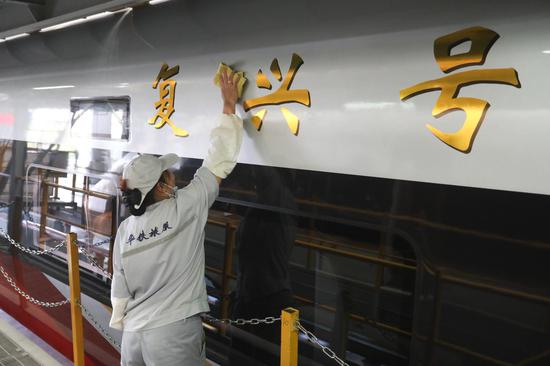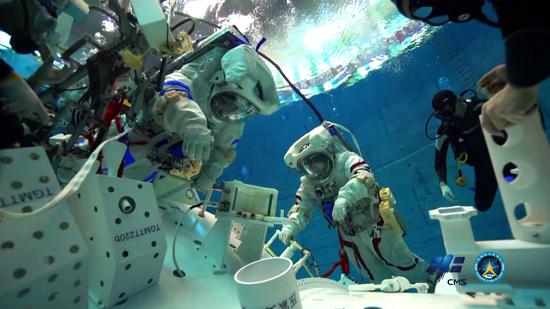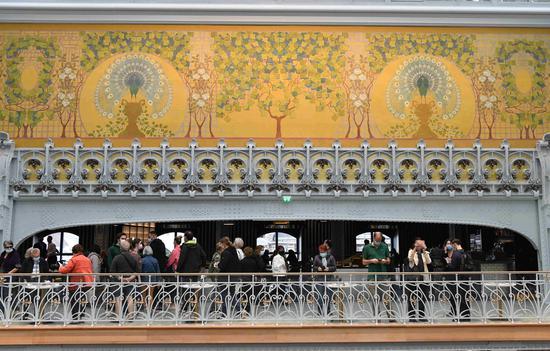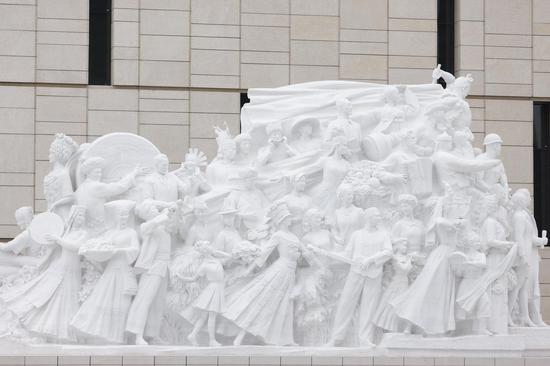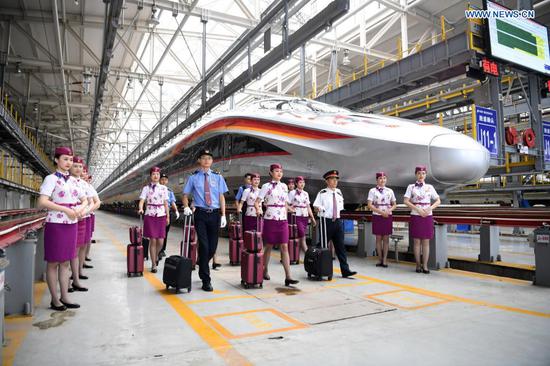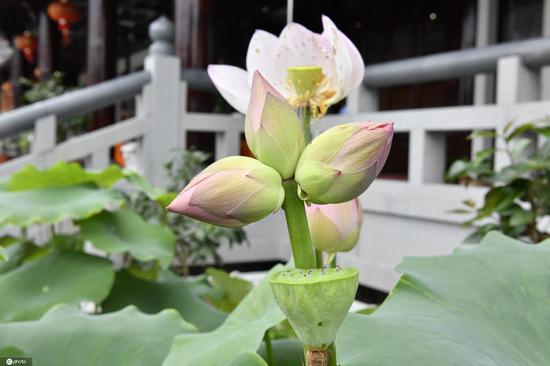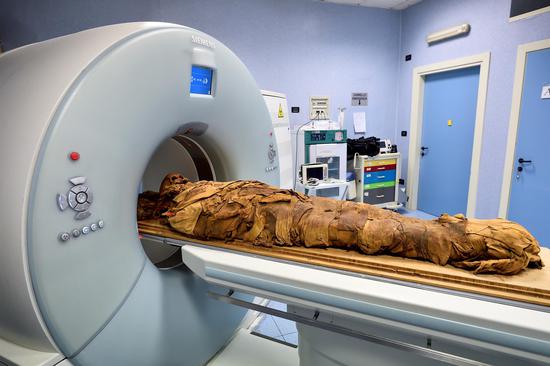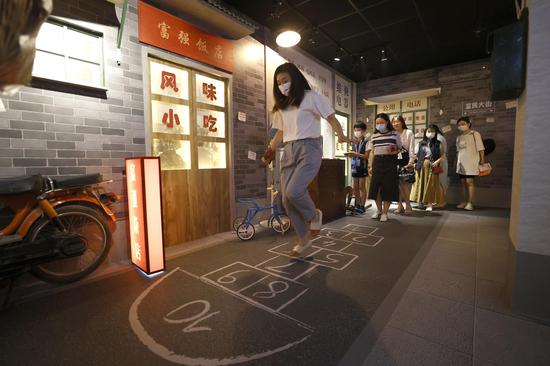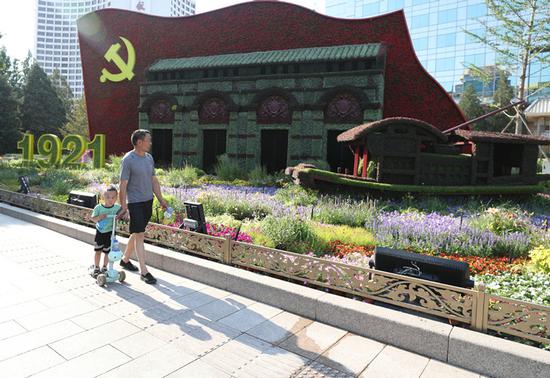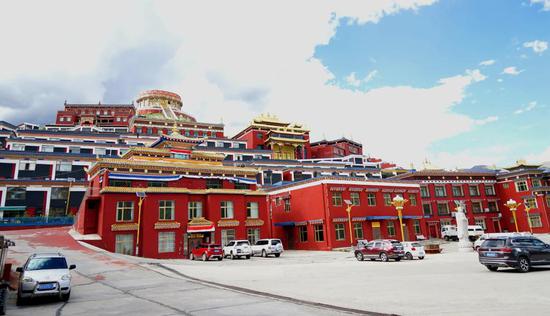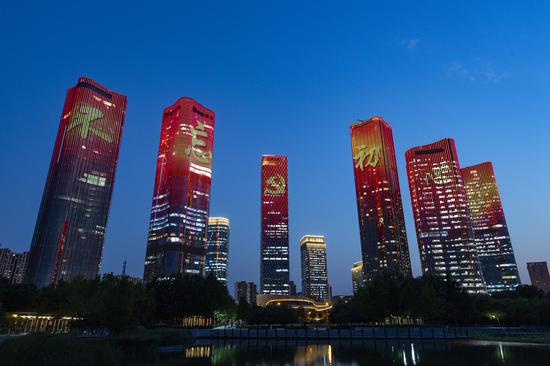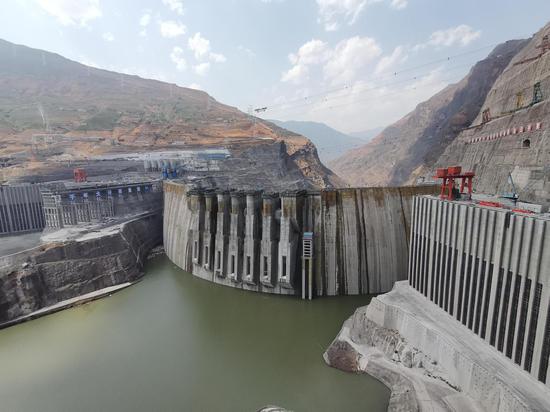Conclusion
China’s political party system is the result of a historical process. It is a structure of enormous strength, creativity and vitality. It embodies the essence of Chinese traditions; it reflects the intrinsic requirements of socialism; it conforms to China’s realities and its needs in state governance. As a basic component of China’s political system, it contributes to China’s development, national rejuvenation, and social progress, and is of great benefit to the people’s wellbeing.
Over the past seven decades and more, this system has grown and matured. It provides Chinese ideas to the world in terms of modern party politics, and offers a new model for global political progress. China will, as always, learn and draw from the positive experiences of other countries, but will not imitate other political party systems mechanically, or impose its own on any other country. China respects the right of other countries to choose a political party system best adapted to their own realities. Based on equality and mutual respect, China is willing to strengthen cooperation and mutual learning with other countries, promote democracy on the international stage, and eventually build a global community of shared future.
As China celebrates the 100th anniversary of the CPC this year and moves on towards the second of the Two Centenary Goals [The Two Centenary Goals were put forth by the CPC at its 18th National Congress in November 2012 for building socialism with Chinese characteristics. The two goals are to complete a moderately prosperous society in all respects by the centenary of the CPC (founded in 1921) and to build China into a modern socialist country that is prosperous, strong, democratic, culturally advanced, and harmonious by the centenary of the PRC (founded in 1949). The CPC drew up a development plan for the new era at its 19th National Congress in 2017. In the first stage from 2020 to 2035, China will build on the foundation of the moderately prosperous society with a further 15 years of hard work to see that socialist modernization is basically realized. In the second stage from 2035 to the middle of the 21st century, having achieved basic modernization, China will work hard for a further 15 years and develop China into a great modern socialist country that is prosperous, strong, democratic, culturally advanced, harmonious, and beautiful. – Tr. ], China will not waver from its commitments to uphold CPC leadership, develop socialism with Chinese characteristics, and improve its political party system. In the new era it will continue to enrich the theories, enhance the institutions, and ensure the efficiency of its political party system, so that this system can contribute with ever more vitality to the process of building a modern socialist country in all respects and achieving national rejuvenation.











